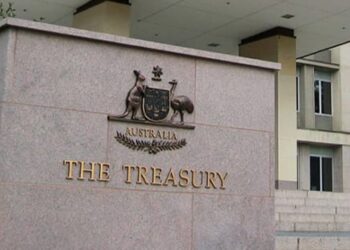In its pre-budget submission to Treasury, the association said implementing the scheme under an industry funding model “has the potential to significantly add to the cost of operating as a financial planner and therefore the cost to consumers of receiving financial advice”.
“The design of a CSLR also becomes a critical issue for the cost of operating as a financial planner and the affordability of financial advice,” the FPA said.
“In particular, the manner in which the CSLR raises funding from the financial services sector will have a significant bearing on its success.”
The FPA said a broad-based model drawing funding from all sections of the financial services industry was “essential to a CSLR’s long-term sustainability”.
“A narrowly focused funding model, such as one in which funding was only raised from a small part of the financial services sector, would make a CSLR vulnerable to funding shortfalls,” the association’s submission stated.
“This, in turn, would limit its effectiveness and undermine the confidence of consumers in the CSLR.”
Legislation for the scheme is due to be released mid-year and is likely to be considered as part of the May budget.
The recommendation to establish the scheme originally came from the Ramsay review into external dispute resolution in 2017, but was agreed upon in commissioner Kenneth Hayne’s final report in 2019.
The Ramsay review’s final report posited two potential funding models for the scheme, where levies could be allocated either according to the level of claims attracted by each sector of the financial services industry, or evenly across all industry participants.
The FPA said while it supported “government taking action to ensure that consumers with unpaid determinations against financial services businesses are able to recover compensation”, there should also be better mechanisms to ensure sufficient capitalisation across the advice sector and reduce the number of unpaid claims as a result of firms going into liquidation.
“The FPA has recommended that the government, as a first step in this process, should focus on reducing the number of determination that remain unpaid by better policing capitalisation and professional indemnity insurance requirements,” the association said.
“This would have the effect of minimising the number of claims that a CSLR may need to fund and thereby reducing the cost of a CSLR to the financial services sector.”



